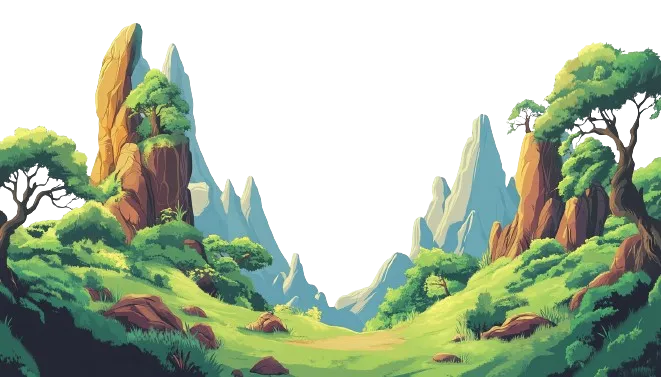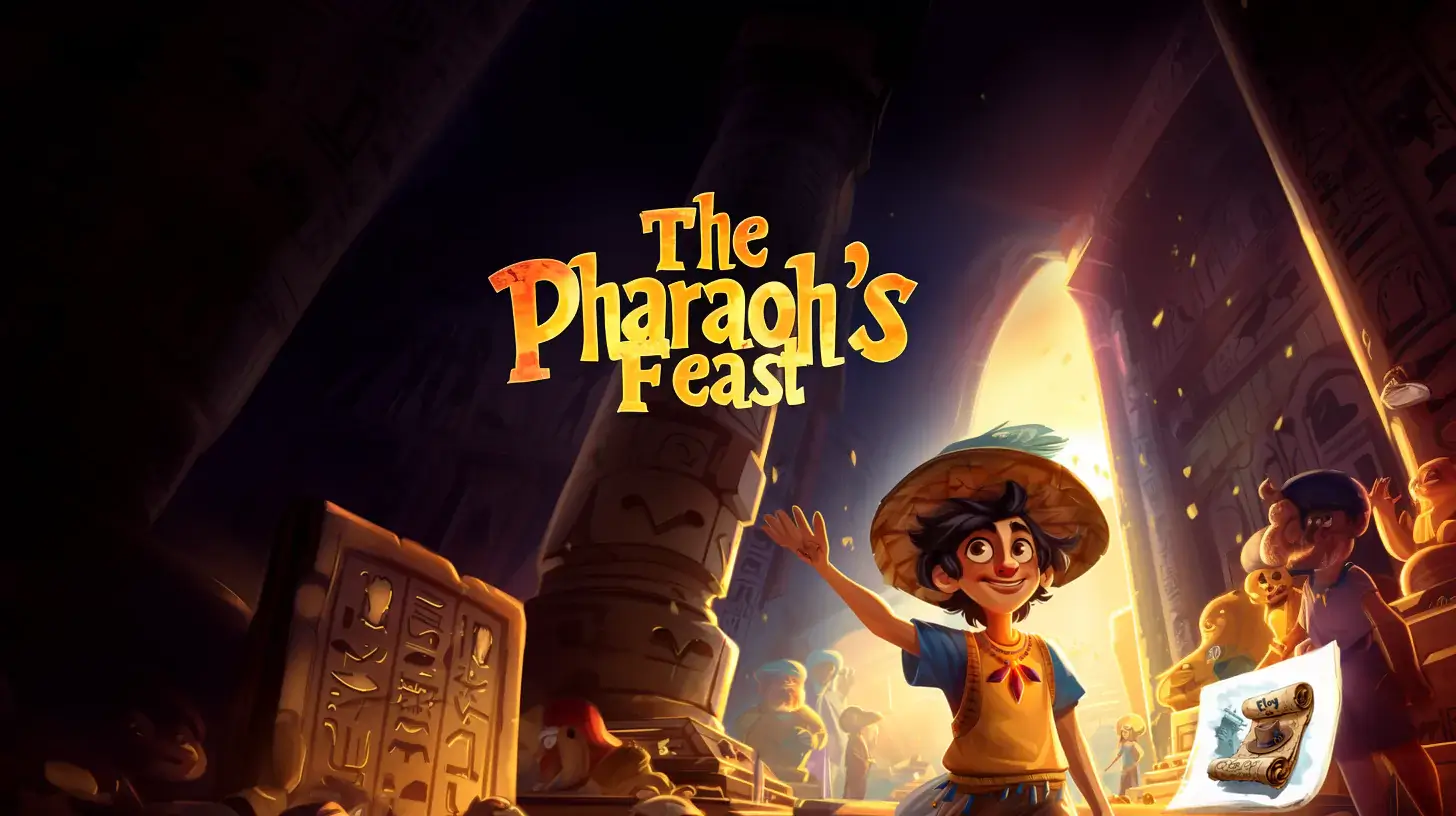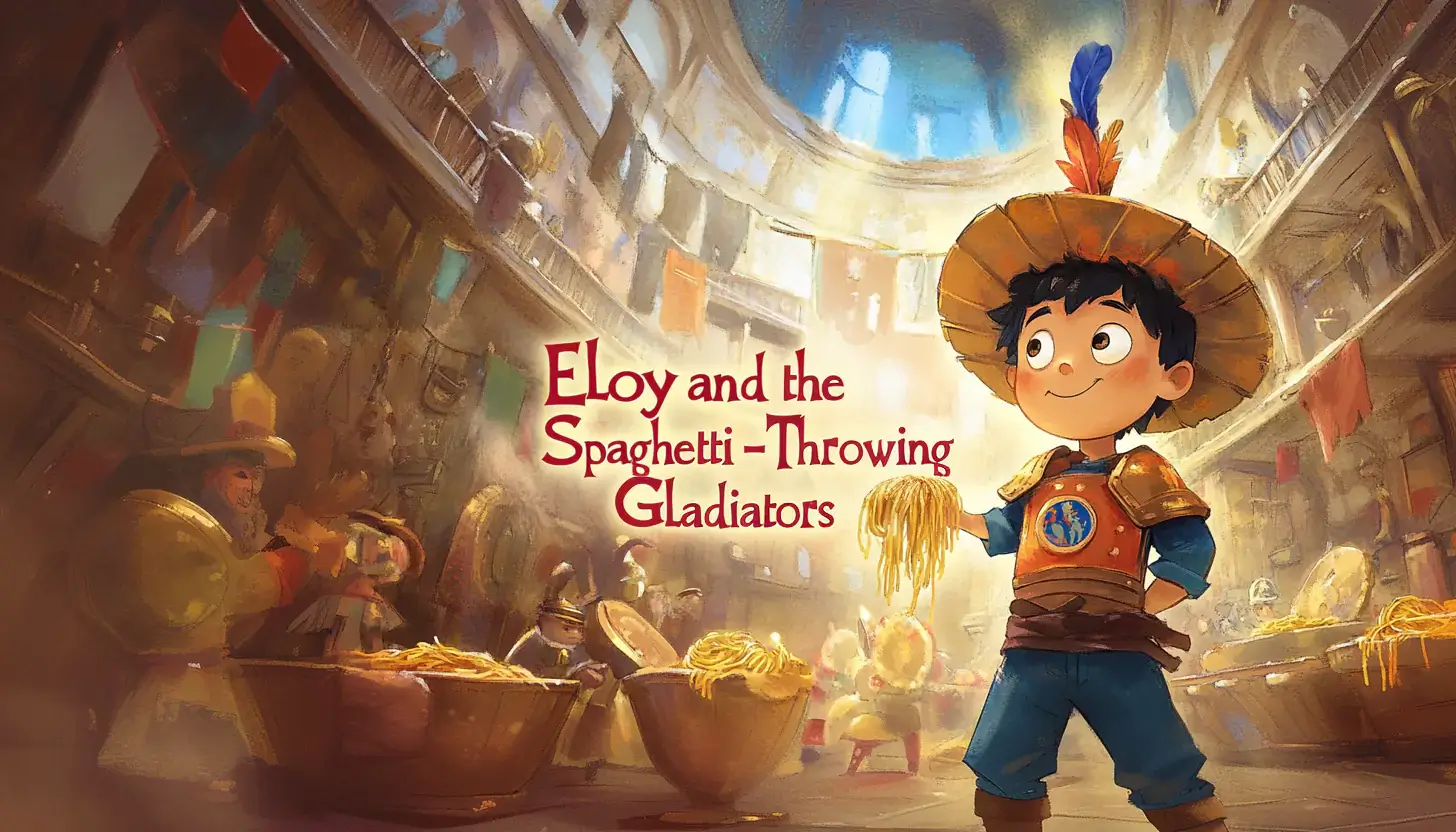In a cozy house in a little village, Eloy always eagerly awaits the arrival of his grandchildren. Each night, around a crackling fireplace and with a mischievous smile, he begins his tales by saying, "Did you know that when I was young, I traveled to the court of King Arthur? Yes, and there I faced a dragon guarding a giant cheese tower! But that’s not the story I wanted to tell you today."
Eloy's grandchildren, with their eyes shining in anticipation, snuggled into their seats. The grandfather took off his wide-brimmed hat, carefully placed it in his lap, and with a deep, melodic laugh, he started his story.
"Ah, ancient China, as I promised you," Eloy began, "a place of wonders and mysteries. I remember it was a foggy morning when I arrived at the great field where thousands of workers were building what would become one of the wonders of the world: the Great Wall of China. However, something unusual had happened, and everyone was in a state of panic.
It turned out that the Emperor had issued a royal decree: the wall must be built using traditional tools, but someone had stolen all the shovels, picks, and hammers during the night. Only wooden spoons were left for work. As the architects pulled their hair out and the workers murmured in discontent, I, with my wide-brimmed hat and wooden spoon, approached the foreman of the project.
“Good day!” I said. “I’m Eloy, an expert in solving impossible problems. What seems to be the trouble?”
The foreman, a robust man with a beard so long it almost touched the ground, looked at me in despair.
“It’s impossible!” he exclaimed. “How are we going to build the Great Wall with wooden spoons?”
I smiled and took off my hat, revealing a collection of exotic feathers and medals that adorned the old leather band.
“Well, with a lot of cleverness and a bit of patience,” I replied, waving my wooden spoon in the air.
The foreman looked at me as if I were crazy, but desperation had made him willing to listen to any proposal.
“Alright, Eloy,” he finally said. “What’s your plan?”
I took a moment to observe the workers and the terrain. Then, I asked them to form a human chain and start digging with the spoons, just as they would with shovels. I showed them how to move the earth efficiently with quick, precise motions.
At first, the workers were skeptical, but soon they realized that with a steady and coordinated rhythm, they could progress faster than they had imagined. The wooden spoons turned out to be surprisingly useful for fine details and for compacting the earth evenly.
As the days went by, we developed more and more innovative techniques. For example, we used the spoons to create molds of compacted earth that would dry in the sun and be used as bricks. We also found that the spoons were perfect for carving inscriptions and decorating sections of the wall.
One day, while we were working, the Emperor himself decided to visit the site to see how we were doing. When he saw thousands of workers using wooden spoons and the large section of the wall we had already built, he was astonished.
“Who is responsible for this feat?” the Emperor asked.
The foreman pointed to me, and I stepped forward, bowing.
“It’s me, Your Majesty, Eloy,” I said humbly.
The Emperor studied me closely and then burst into laughter.
“I’ve never seen anything like this!” he exclaimed. “Building the Great Wall with wooden spoons… It’s incredible! From now on, you shall be known as the Master of Spoons!”
And so, dear grandchildren, we continued working and finished a large section of the Great Wall with our wooden spoons. It was an achievement that no one would ever forget, and whenever someone doubts what can be accomplished with ingenuity and determination, they always remember the story of how Eloy and his wooden spoons built the Great Wall of China.
Eloy smiled at his grandchildren, who now looked at him with admiration and wonder.
“And so, dear grandchildren, this story comes to an end. Now, off to bed! Tomorrow, I’ll tell you about the time I helped train Hannibal's elephants to cross the Alps. Good night and sweet dreams.”








